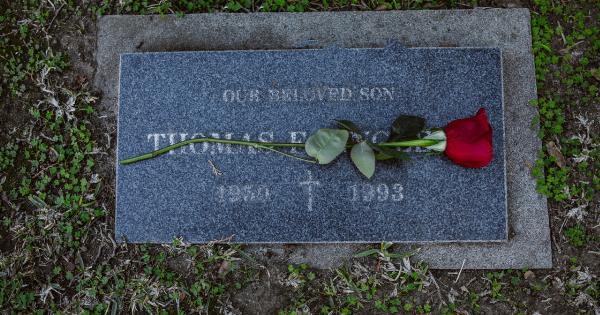Experiencing exceptional circumstances during a pregnancy can be challenging and emotionally taxing. Meanwhile, wondering when you’ll be able to start trying for another pregnancy can add even more stress to an already difficult situation.
Unfortunately, there is no one-size-fits-all answer to the question of when to expect a new pregnancy after exceptional circumstances.
Pregnancy Loss
Experiencing a pregnancy loss can be utterly devastating. On top of the emotional turmoil that comes with such an experience, you may also find yourself wondering when you can try to conceive again.
The truth is that there’s no exact timeline for pregnancy loss recovery. Doctors usually recommend waiting for at least one menstrual cycle after a miscarriage or abortion before attempting another pregnancy. This waiting period allows the body to recover physically and also gives you time to heal emotionally.
However, each case is unique, and your doctor may recommend a longer wait depending on the circumstances.
Pre-Term Labor
Pre-term labor is when labor starts before the 37th week of pregnancy. If you’ve experienced pre-term labor, you’re probably curious about when you can attempt another pregnancy safely.
If you gave birth too early with your first pregnancy, it doesn’t necessarily mean that you’ll experience the same with the next. Your doctor will recommend waiting for the appropriate amount of time, usually six months to a year, before trying for another pregnancy.
During this time, it’s essential to take care of yourself, eat well, and incorporate healthy habits into your lifestyle to increase your chances of having a healthy pregnancy.
Preeclampsia
Preeclampsia is a pregnancy complication characterized by high blood pressure and signs of damage to organs like the kidneys.
If you’ve had preeclampsia in a previous pregnancy, it’s crucial to talk to your doctor about when you can try to conceive again. Preeclampsia increases the risk of complications such as preterm labor and growth restriction in future pregnancies. Your doctor will recommend waiting at least two years to increase your chances of having a successful pregnancy.
During this time, it’s crucial to monitor your health closely by keeping your blood pressure under control and getting regular check-ups.
C-Section Delivery
A c-section delivery involves giving birth through a surgical incision in the abdomen. Recovery time after a c-section can vary depending on the circumstances.
If you’ve had a c-section delivery, your doctor will recommend waiting for at least six months before attempting another pregnancy. This waiting period allows the body to recover fully from the surgery and reduces the risk of complications such as uterine rupture during subsequent pregnancies.
You’ll also need to monitor your incision site for any signs of infection and continue with your postpartum care and follow-up visits with your doctor.
Fibroids
Fibroids are non-cancerous growths that form in the uterus and can cause fertility issues. If you’ve had fibroids and undergone surgery to remove them, your doctor will recommend waiting for at least six months before trying for another pregnancy.
This waiting period allows the uterus to heal fully and reduces the chances of fibroids recurring. Your doctor may also recommend fertility treatments depending on your condition and age.
Infertility Treatment
If you’ve undergone infertility treatment such as IVF, your doctor will recommend waiting for at least two menstrual cycles before attempting another pregnancy.
The waiting period allows the body to recover from the treatment and gives you time to decide on your next steps. If you’ve achieved a successful pregnancy through IVF, your doctor will recommend monitoring your health closely and waiting at least six months before attempting another pregnancy.
Your doctor may also suggest alternatives such as surrogacy or freezing embryos for future use.
Conclusion
In conclusion, when to expect a new pregnancy after experiencing exceptional circumstances is not an easy question to answer.
The timeline for attempting another pregnancy varies depending on the circumstance, and it’s essential to talk to your doctor before making any decisions. Regardless of the timeline, it’s crucial to prioritize your physical and emotional well-being, healthy habits, and medical monitoring.































